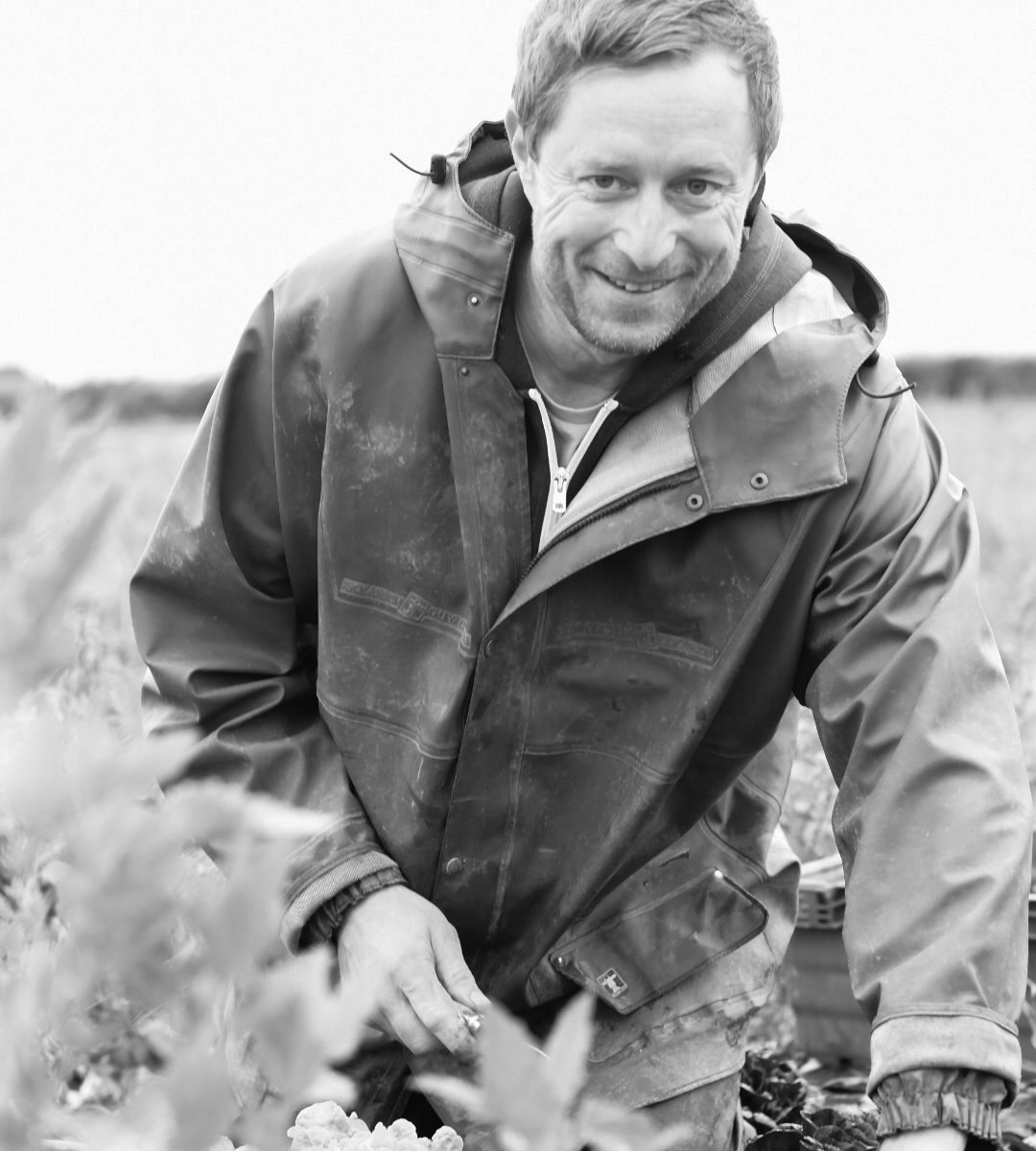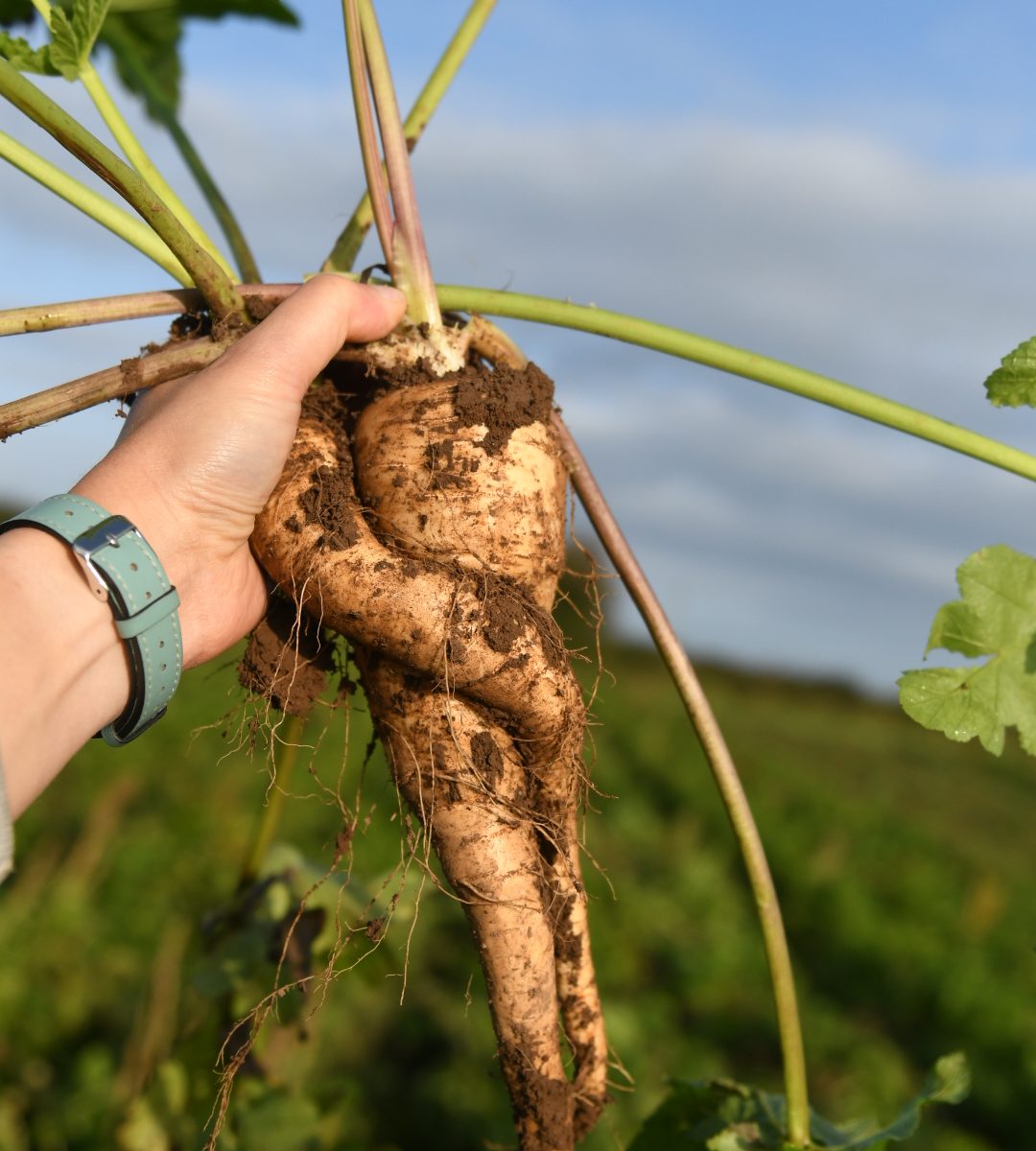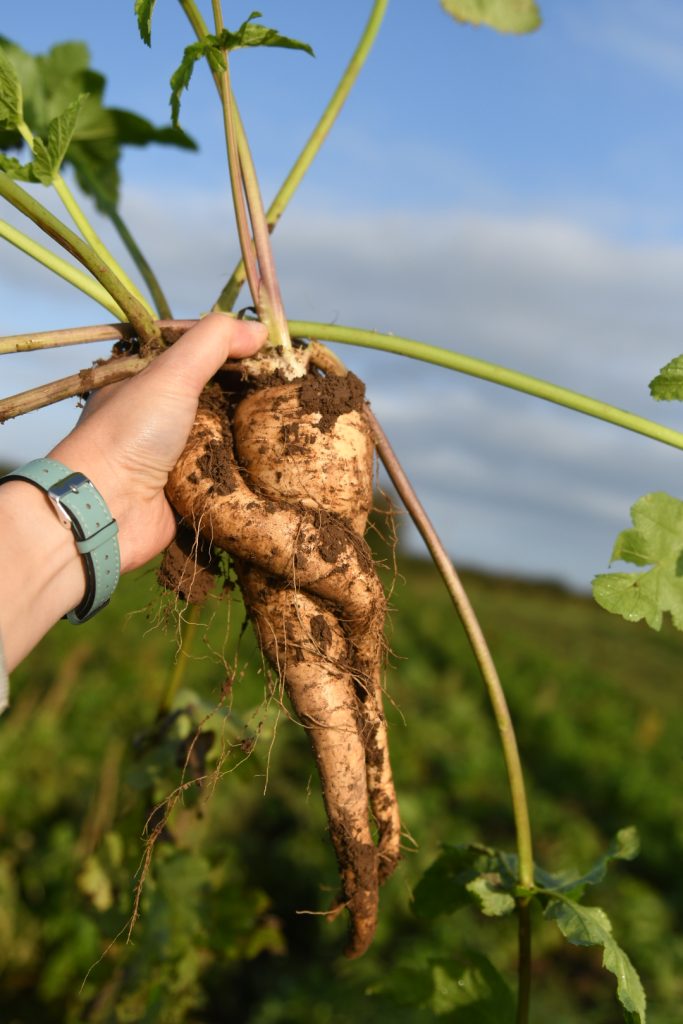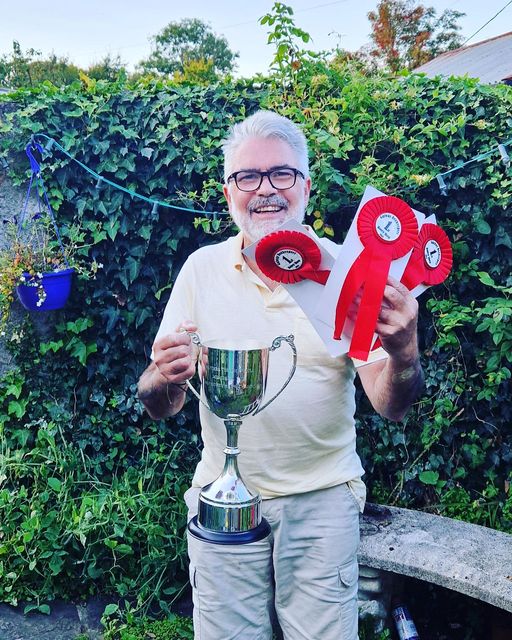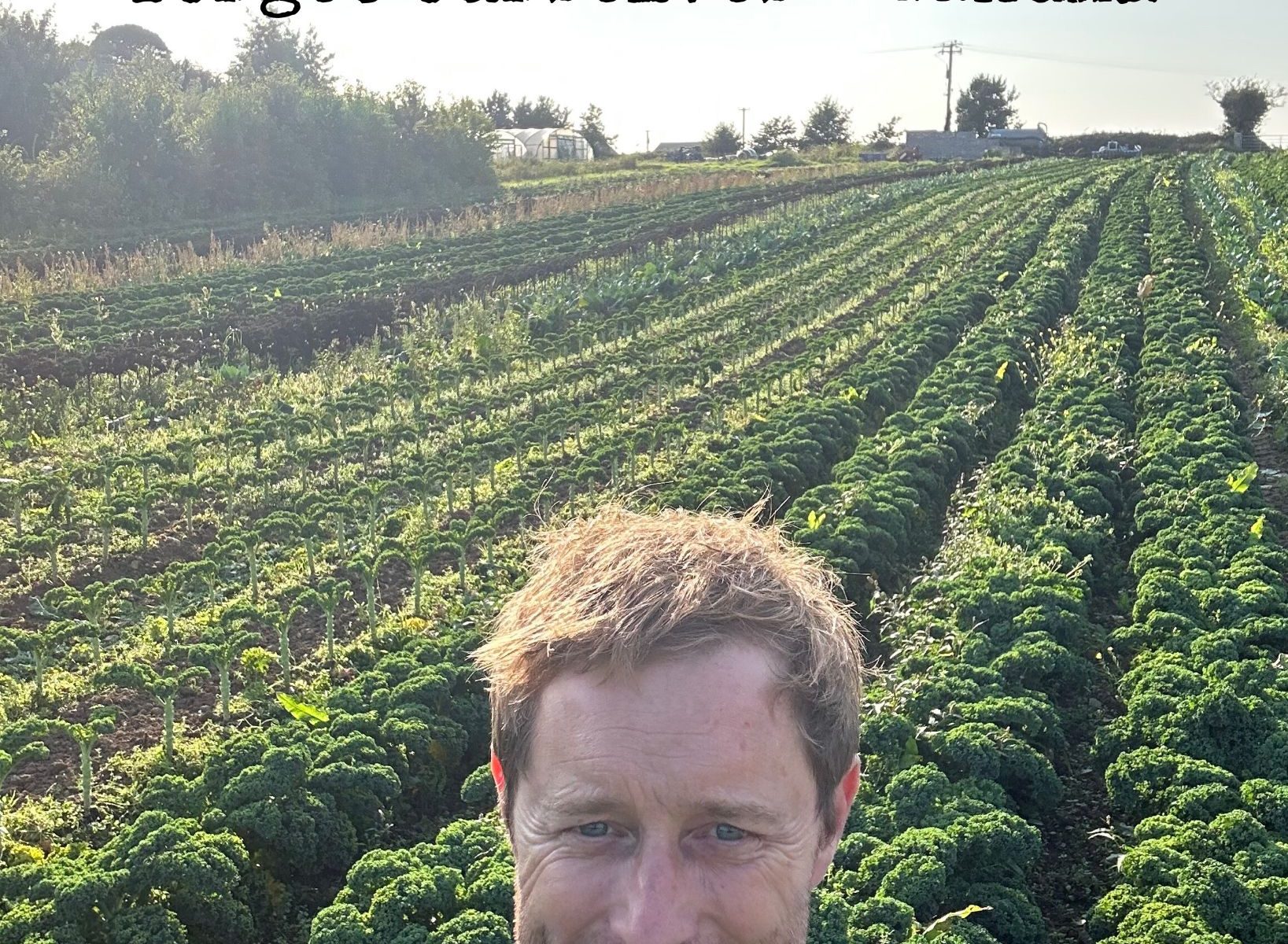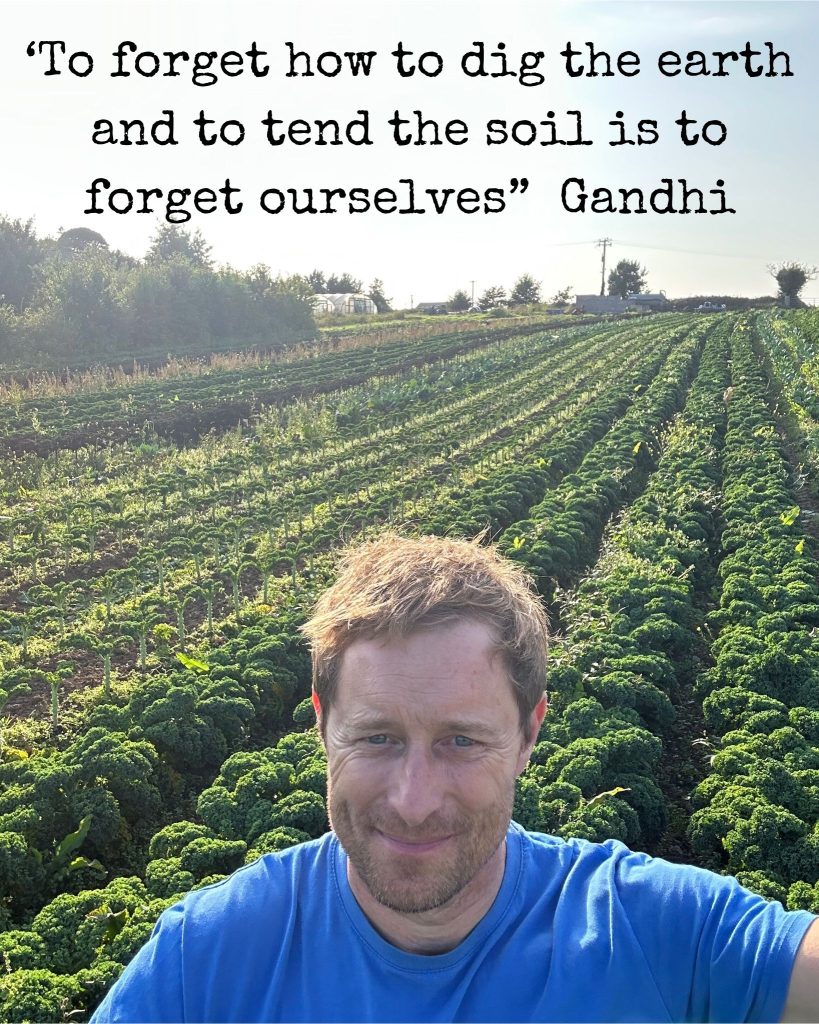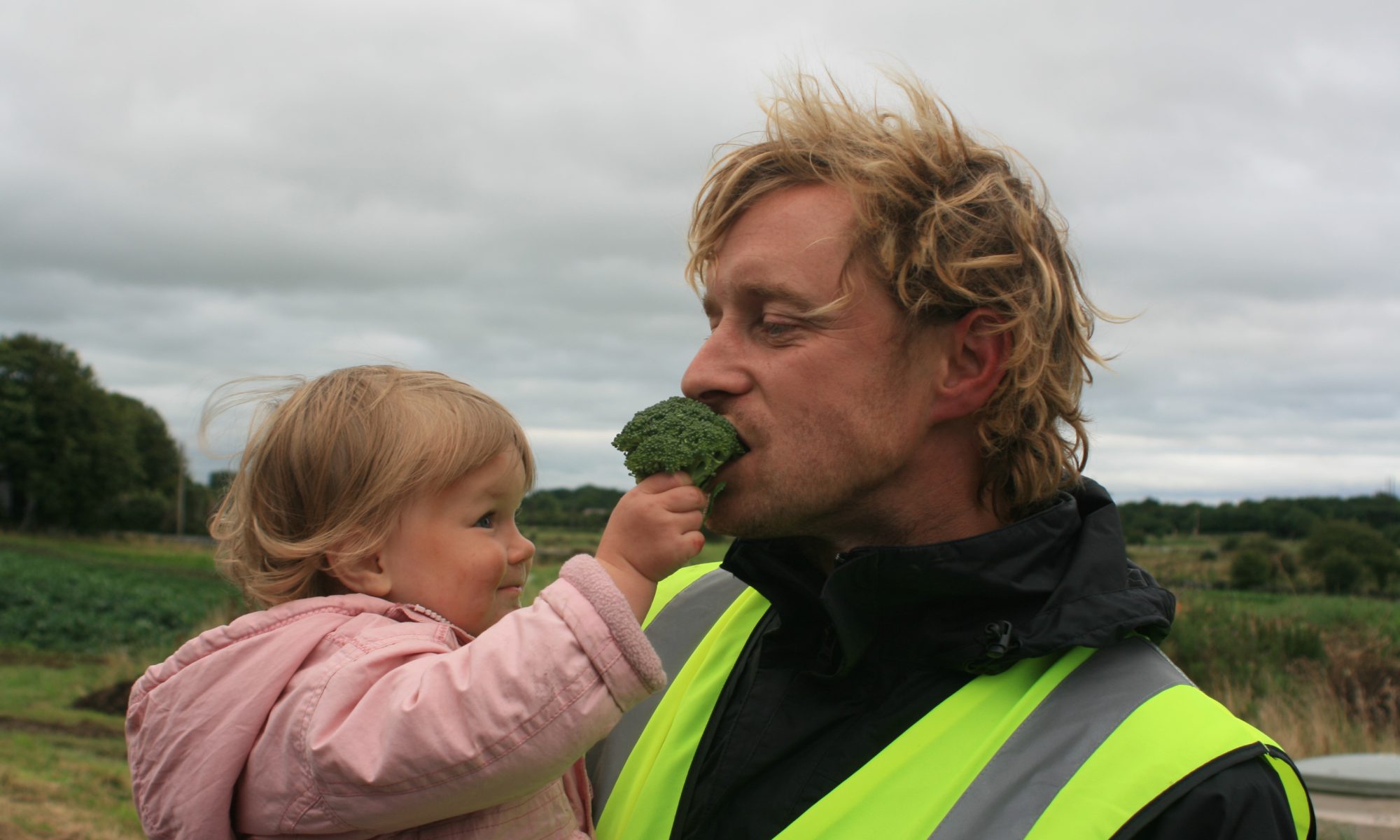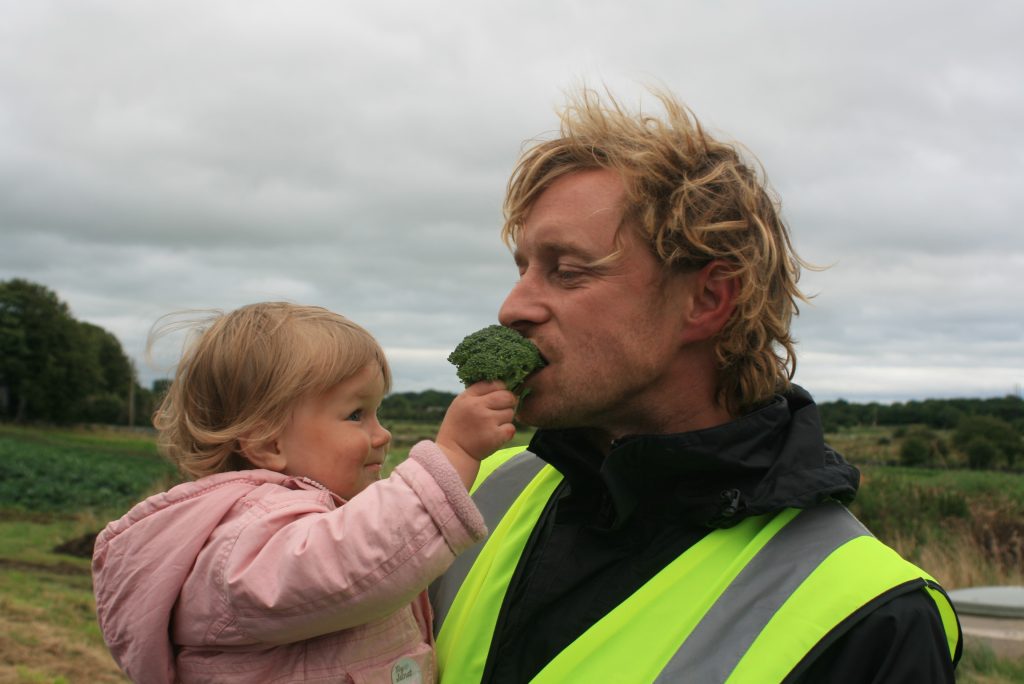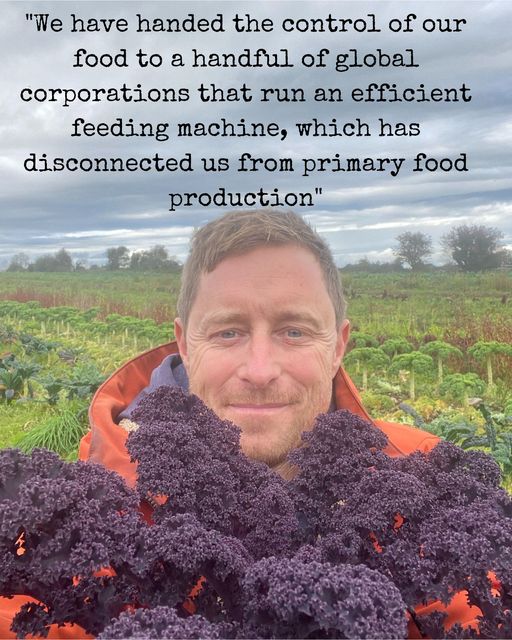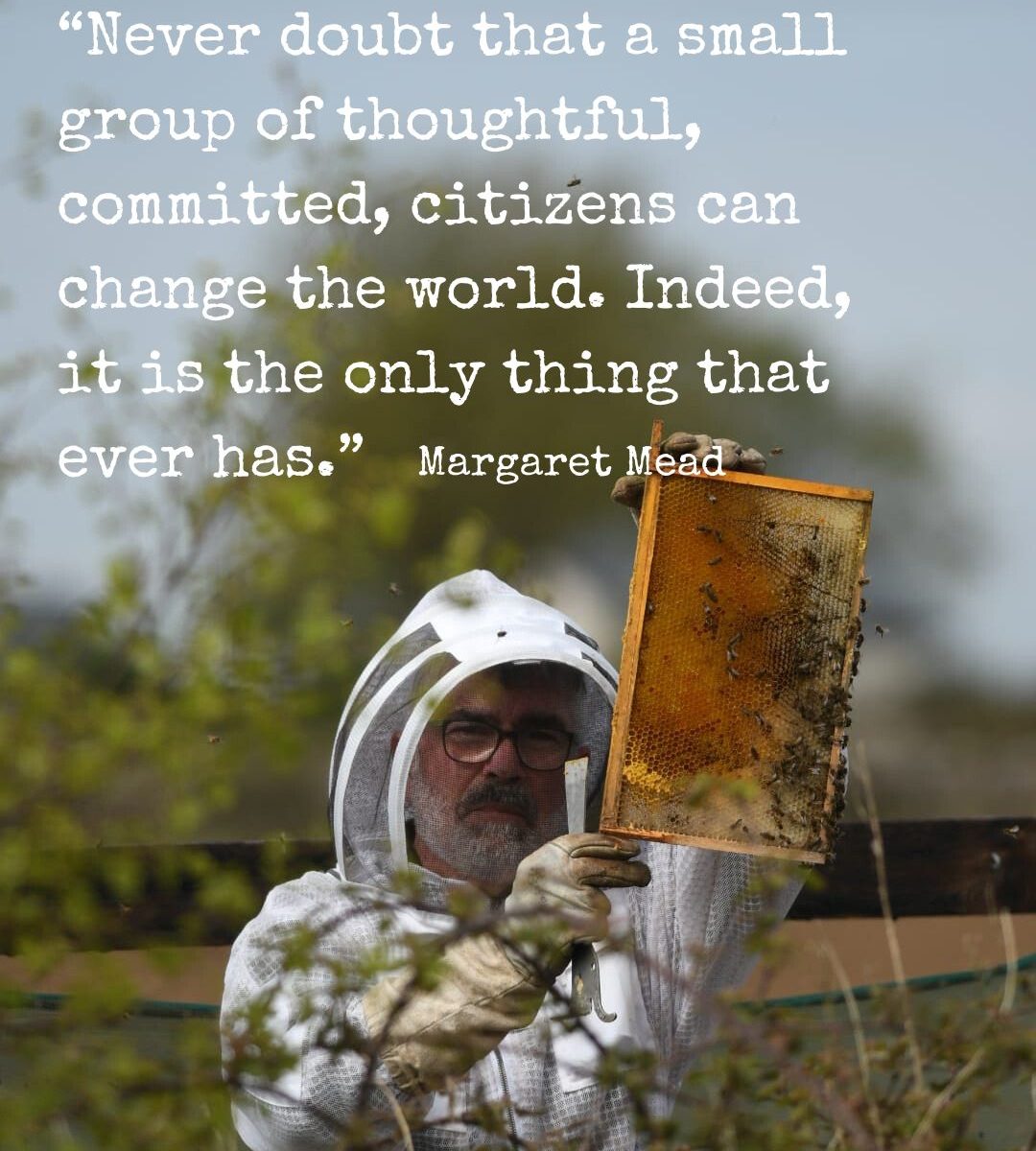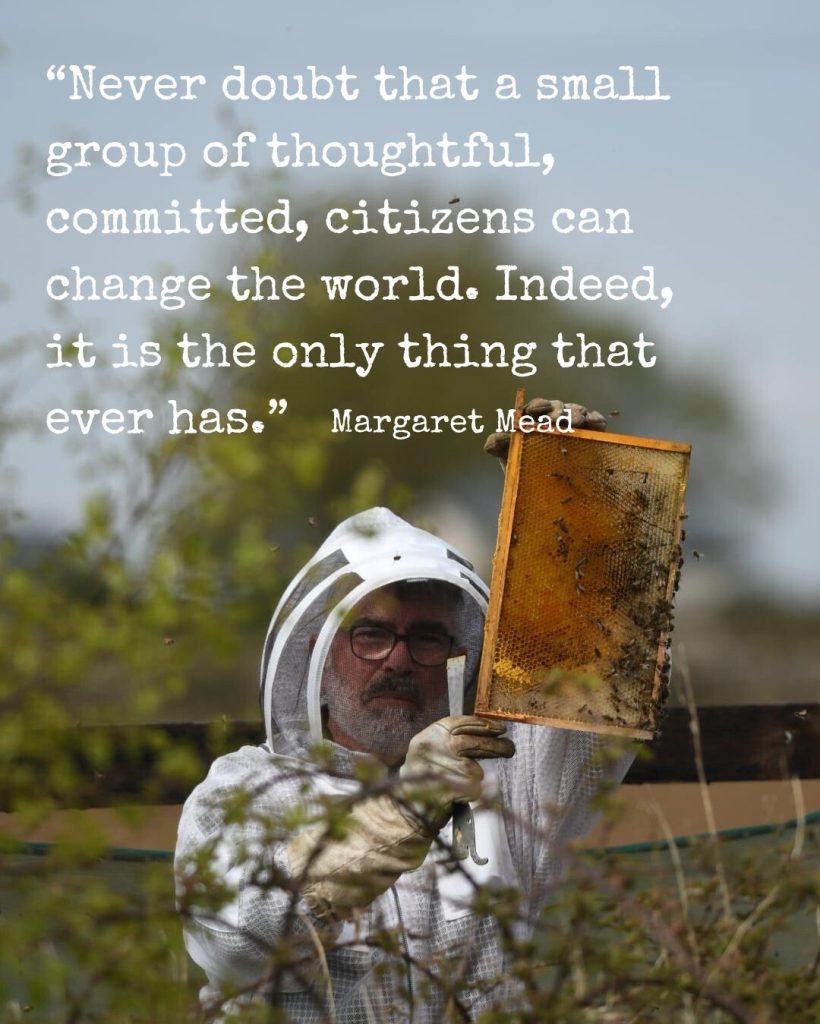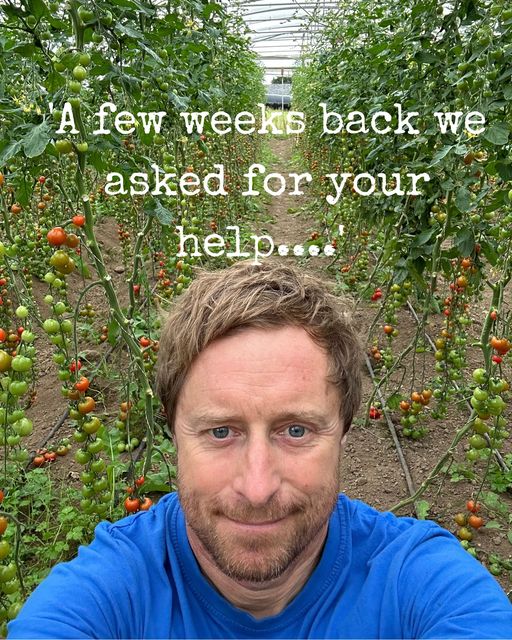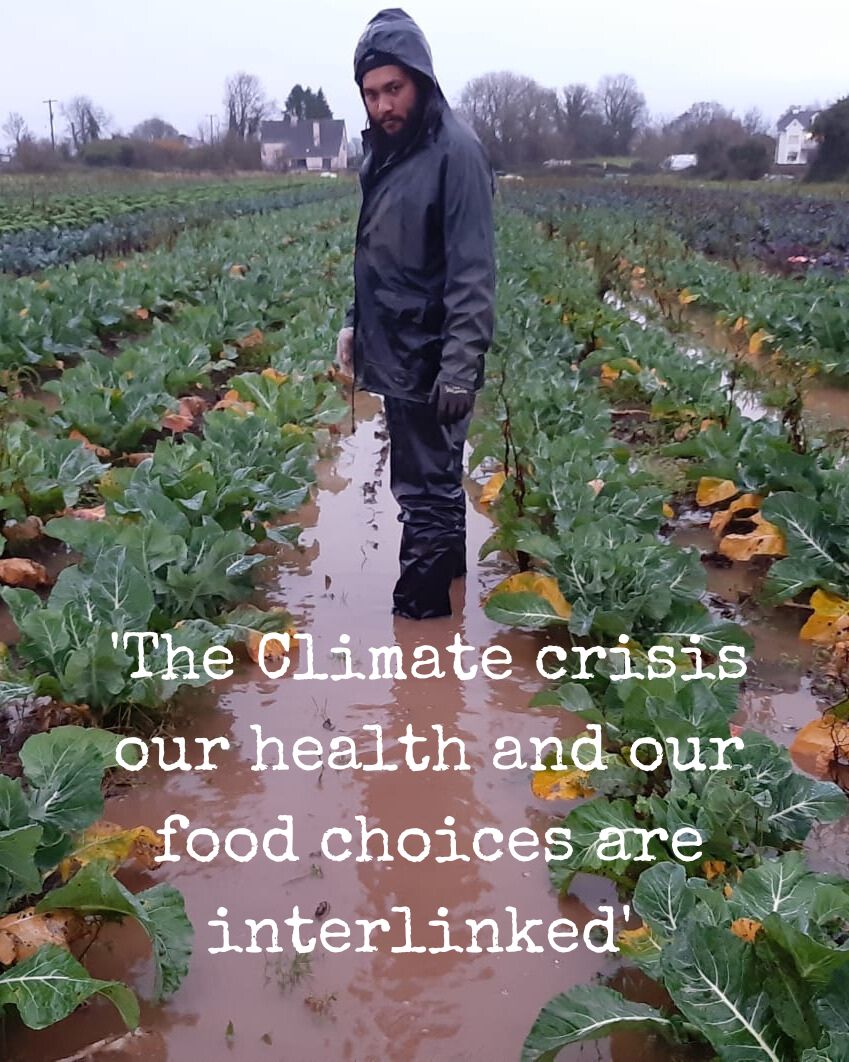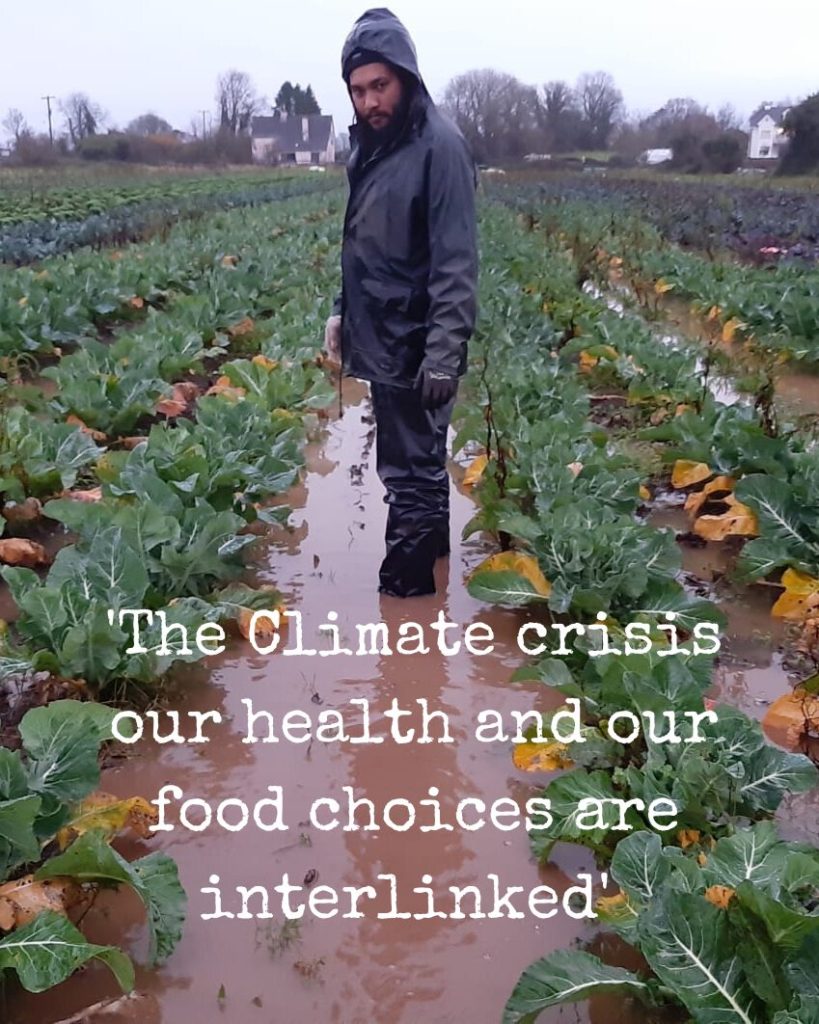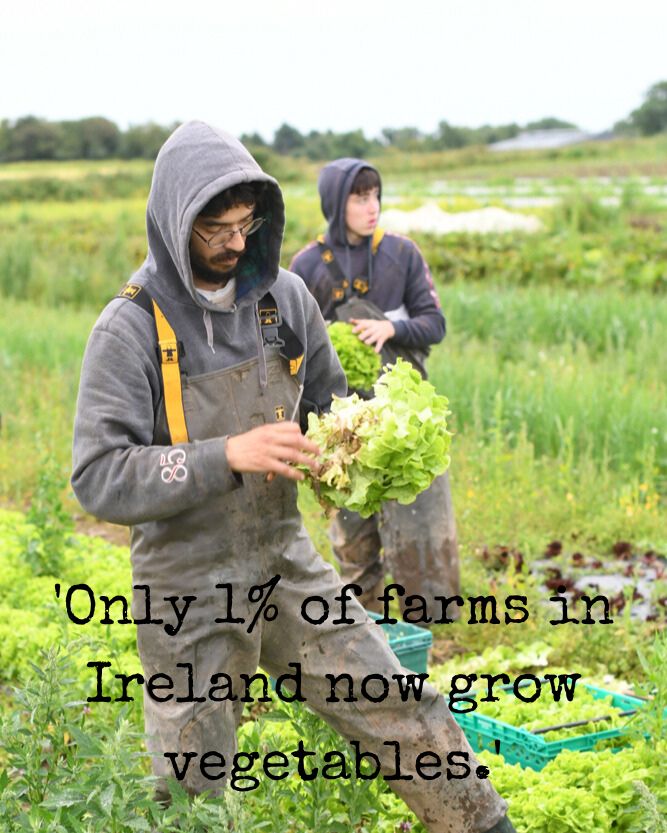Two generation ago my Grandad farmed this land, it was a mixed farm, some tillage, some veg, some animals, he had two workhorses and I remember one was called Snowball. He had an array of horse drawn implements to help with the work, and from what I have heard from my dad, there was a lot of work.
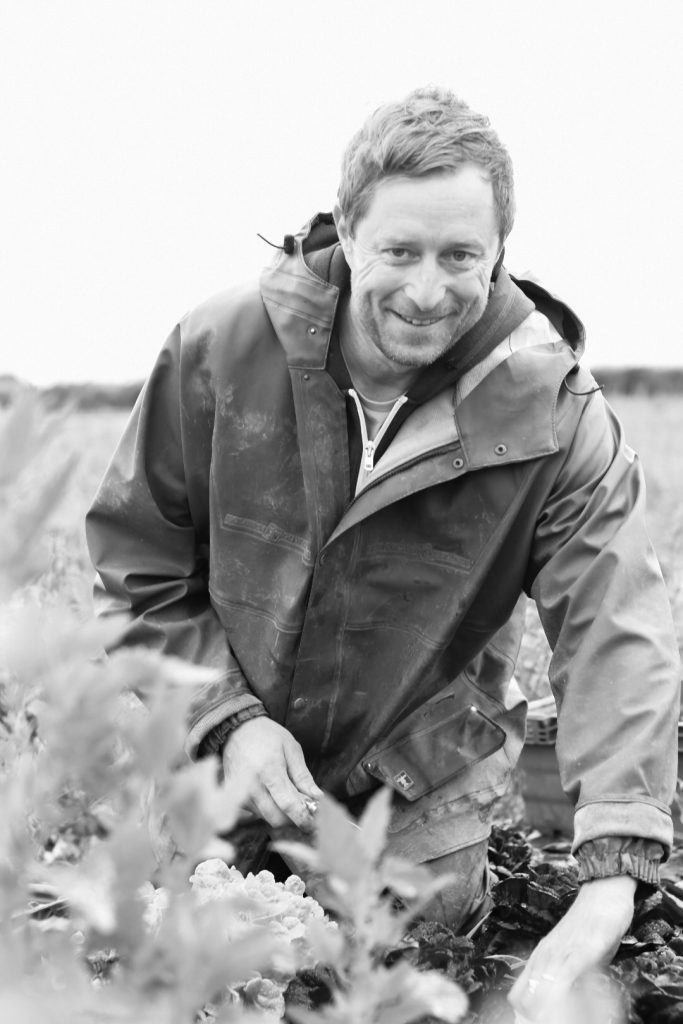
Of course, the advent of the tractor on farms and more complex machines helped reduce that work and I can’t imagine anybody lamented the demise of some of the back breaking tasks that were once part of the daily grind. From what I have heard though, I don’t believe it felt like a grind at least not all the time, there was I believe a degree of satisfaction in this local model of food production and the community it fostered.
Those days are gone, but It is fair to say that the model of the traditional Irish family farm worked at least to a degree.
Several years ago, I was invited to attend a rural development meeting and a manager from either the Dept of Agriculture or Teagasc stood up and asked amid much talk about intensification, “what was so wrong with the traditional family farm, why are we hell bent on driving ever faster towards the American model of intensification?” The room was silent and there were no comments, maybe a few tumble weeds blew through the conference room.
The manager I assume was close to retirement because he was most definitely not toing the company line. That was probably 7 or 8 years ago, and how much has changed since then? The speed of change in our agriculture sector has been eye watering, consolidation, intensification, growth, pushing of yields and so on. It seems we have stepped onto a conveyor belt, and it just keeps on getting faster, the famers have no choice but to march ever faster just to stand still. So, this is our food system now. I wonder though at what point do we say no more, we can’t possibly intensify any further.
After all, nature is finite, is it not? The last time I looked you couldn’t create matter from nothing, that kinda goes against the laws of science. Well in my view we have gone too far already, just look at the damage done to Loch Neagh in Northern Ireland, look what happens when we pass the tipping point and ecological systems break down, the main driving factor here is the runoff of excess nitrogen from farms.
The quest for ever cheaper food is the driver here and to an extent part of the problem. Whilst everything else is getting more expensive, food and I mean basic food here, the likes of raw potatoes out of the ground or the oats harvested from the field are staying the same or getting cheaper in some cases. How can this possibly make sense (There is no doubt that there has been some greedy grubby profiteering by the big corporate food giants, yeah, these guys are not to be trusted as far as you can throw them) but otherwise primary producers are still getting a raw deal no doubt about it.
So, what to do about all of this? I am not claiming to know what the answer is. But I do know that taking care of the land whilst producing food is the sane way to proceed. Plant trees, plant hedgerows, reduce stocking density, reduce fertiliser application, grow more clover in grass swards, but for all of this to make sense it would mean an increase in the price of primary food, is this acceptable? Well that really is the question?
If you are reading this and are supporting our food model you must believe things can be different, in fact need to be different. So, until the big solution offers itself up, we will keep plugging away here doing what we believe in, and always being thankful for your support.
Kenneth

